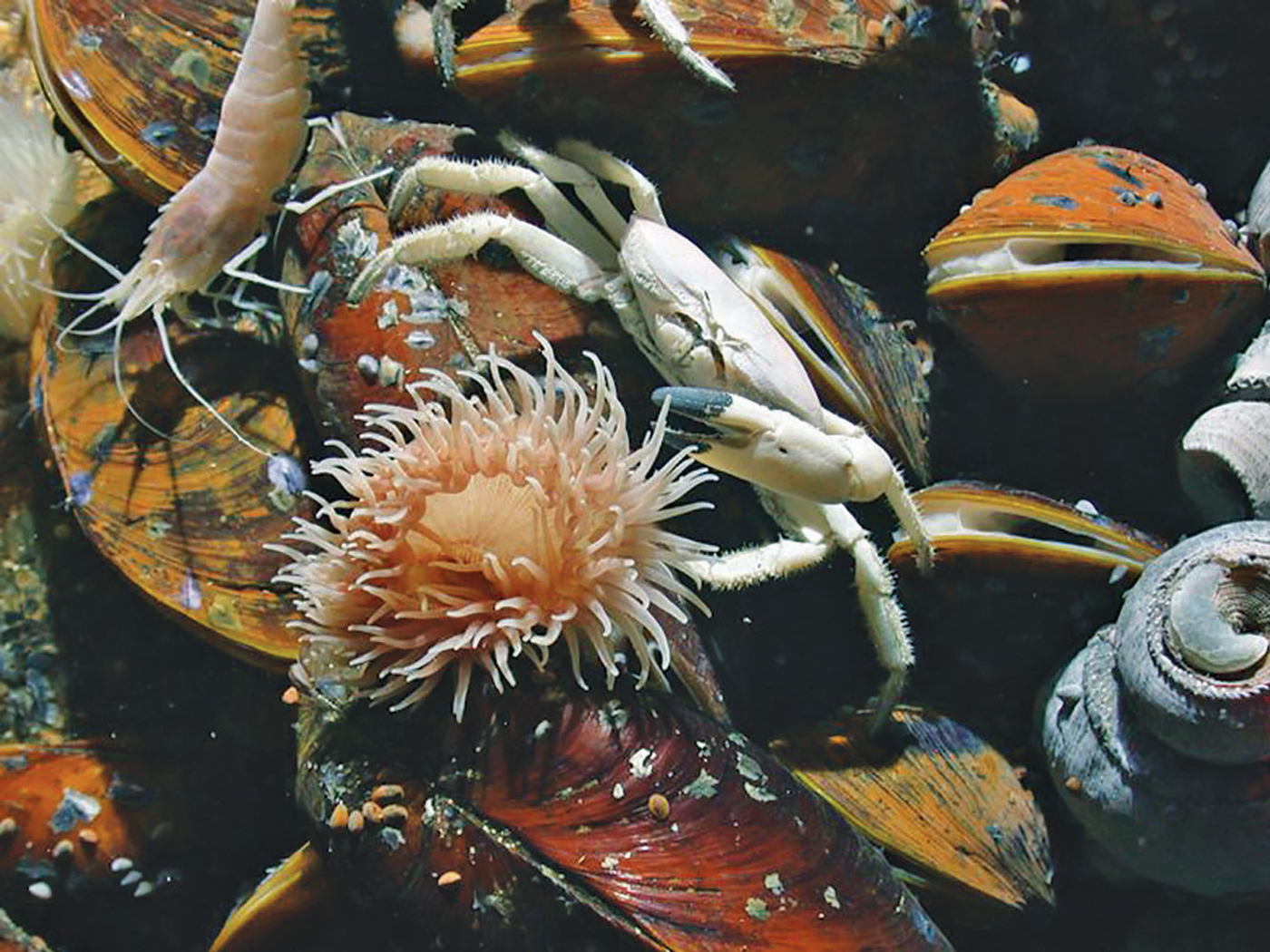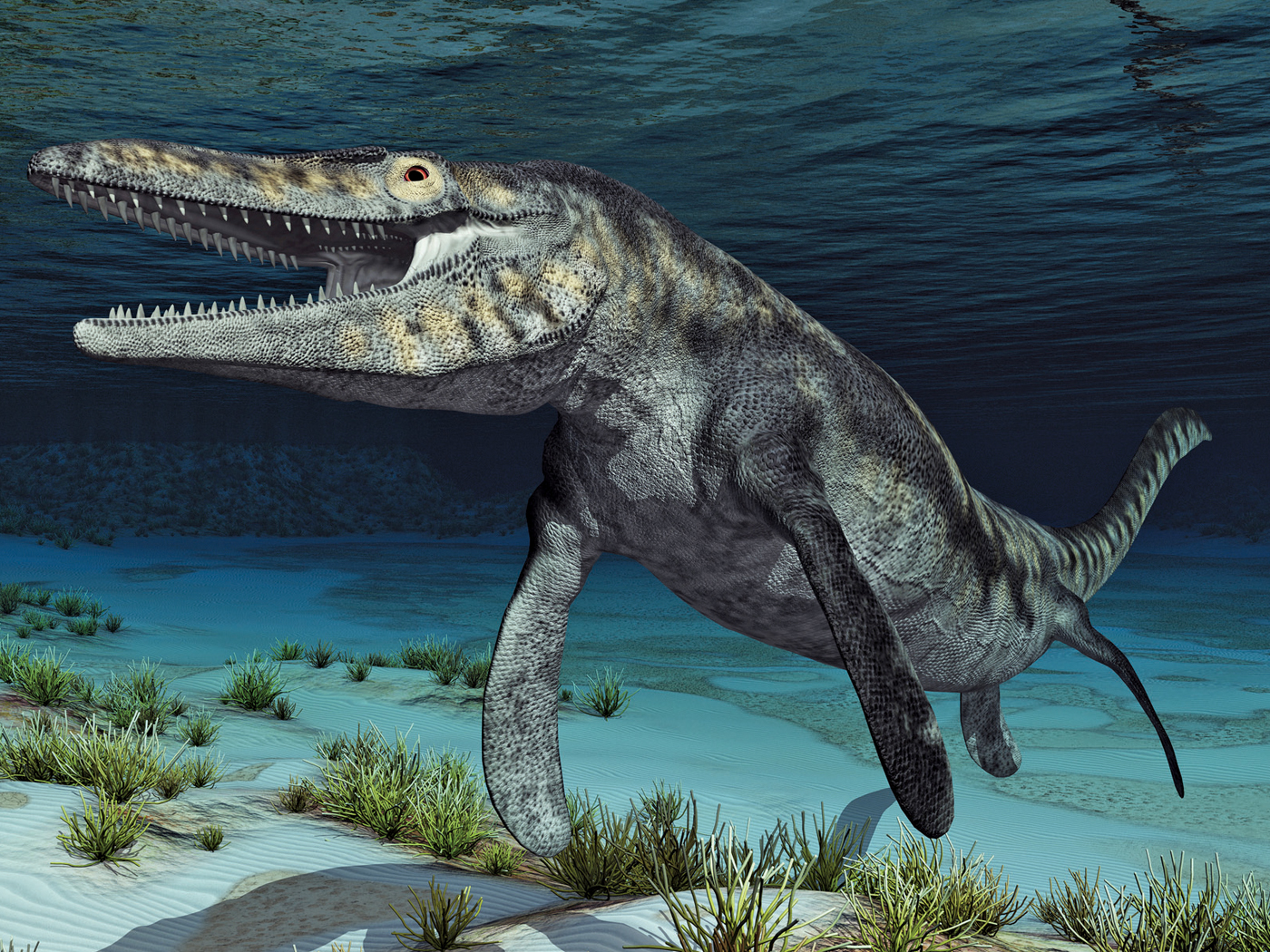Interest in human origins persists generation after generation, and researchers continue to uncover and interpret clues. The latest set comes from a reinvestigation of clam shells dug up in the 1890s on the Indonesian island of Java. Someone skillfully drilled and engraved those shells. Who was it?
Publishing in Nature, a team described what they found in the collection of shells from at least 166 individual freshwater mussels held in the Naturalis museum in the Netherlands since 1900.1 The shells were taken from Trinil, the place where Eugene Dubois found evidence of human remains in 1891 that generations have referred to as Java Man—today called Homo erectus. Any news about these ancients' behaviors or habits attracts intense interest from those who consider Java man an evolutionary link between apes and humans.
The research team found that many of the shells had been hand-drilled, probably with shark's teeth, through a key spot on each shell that disabled the mussel's shell-closing muscles. No animal can drill that precisely—only humans. They also found intentional "W" and "N" shaped markings on one shell, also probably etched with a shark tooth.
The study authors wrote, "The absence of holes similar to those at Trinil in natural shell assemblages, the difference between the holes observed in the Trinil assemblage and those produced by non-human animals and abiotic factors, and the similarity between our experimental holes, human-made Lobatus holes and Trinil holes all suggest that H. erectus was the responsible agent."1 Lobatus is a genus of conch from the Caribbean with evidence of ancient hand-drilled holes.
It makes sense that some individuals might have died and left their remains near where they had foraged for mussels on Java. That would account for Dubois' human fossil discoveries and these human-worked shells. But the skill, artistry, and strength these ancients used on those shells betrays their true human nature. They left no evidence of pre-modern, ape-like intellects that evolutionists like Dubois imagined for so long. It appears the ancient island inhabitants must have been people with just as much skill and strength as modern humans.
At numerous locations, researchers have discovered many other skillfully manipulated artifacts, including jewelry and tools associated with Neandertal humans. These man-altered shells again show that names like Homo neandertalensis or Homo erectus may cloud the clear conclusion that these ancients lived at the same time as, and looked and acted like, modern humans.2
References
- Joordens, J.C.A. et al. Homo erectus at Trinil on Java used shells for tool production and engraving. Nature. Published online before print, December 3, 2014, accessed December 4, 2014.
- Lubenow, M.L. 2004. Bones of Contention. Grand Rapids, MI: Baker Books.
Image credit: Copyright © 2014 Nature. Adapted for use in accordance with federal copyright (fair use doctrine) law. Usage by ICR does not imply endorsement of copyright holders.
* Mr. Thomas is Science Writer at the Institute for Creation Research.
Article posted on December 11, 2014.







